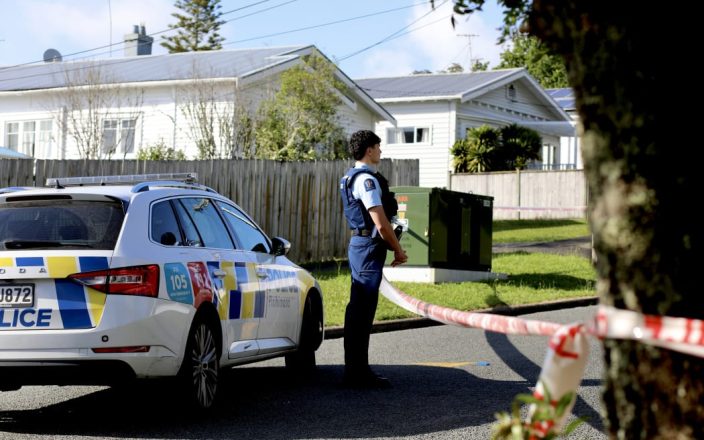New research indicates that New Zealand’s measures during the Covid-19 pandemic prevented approximately 20,000 deaths. This study, shared in the New Zealand Medical Journal, was contributed to by 16 top scientists and doctors, suggesting that all major respiratory illnesses should receive similar treatment measures.
The lead writer, Professor Michael Baker from Otago University, remarked on the success of public health measures, noting that if the crisis appears averted, people might question the need for the measures in the first place.
Though New Zealand witnessed over 3,000 deaths due to Covid-19, the nation’s death rate is low in global comparison. According to Professor Baker, if New Zealand had experienced a death rate similar to the USA, around 20,000 lives would have been lost. Key to New Zealand’s success was restricting the virus for two years, enabling a majority of the population to get vaccinated.
Professor Michael Plank from Canterbury University believes that, looking back, some processes could have been improved. However, the major decisions, such as early strict lockdowns, were right. He emphasises the importance of better preparation for potential future health crises.
Dr Nikki Turner, director of the Immunisation Advisory Centre, stated that the high vaccination rate in New Zealand was a significant factor in keeping the death toll low. However, she pointed out that people tend to forget how effective these measures were and only recognise the risks when outbreaks begin.
The experts unanimously believed that just because Covid-19 might be here to stay, it does not mean infections are unavoidable. The strategy includes vaccinating vulnerable people, enhancing air quality, and wearing masks in certain situations. Professor Baker expects the Royal Commission of Inquiry’s upcoming report to provide insights into handling future pandemics, urging New Zealand to be better prepared for more significant threats.






























































